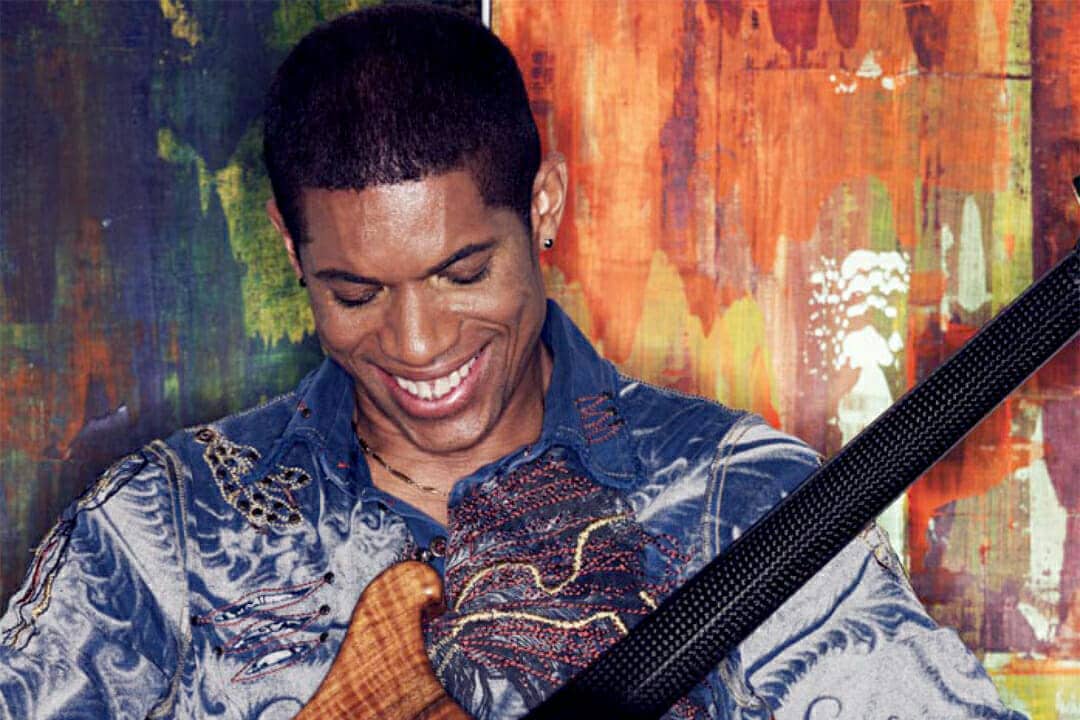How many times have you been told, “Oh you’re such a left-brain person,” meaning you think logically, are good with numbers, very analytical, and so on? And upon hearing that summation, you long for the right brain’s creative, intuitive, artistic complements. Why can’t they be part of the equation, you wonder.
Posts by Margaret Emory
Brain Power: From Neurons to Networks
A child is born with about 100 billion neurons, the same amount that an adult brain has. What’s different is the amount of connections between the neurons. That’s what the developing brain is all about — firing and wiring and making connections. And that’s what our relatively young internet, or “global brain” — is all about, too.
Working For Change: An Interview with Bob Massie
When it comes to fatal diseases, Robert Massie is a triple threat, having survived hemophilia, HIV, and liver failure. Born with classical hemophilia, a painful disorder that causes repeating bleeding in the joints, he spent most of his childhood bound to leg braces and in wheelchairs. Where
Challenging Your Brain for Health and Wisdom
“Because our culture and our technology have advanced faster than we can advance biologically, human beings have become cognitively obsolete in the world we ourselves created!” says Schlomo Breznitz and Collins Hemingway in “Maximum Brainpower: Challenging the Brain for Health and Wisdom”
Healing Music: An Interview with Stanley Jordan
In a career that took flight in 1985 with commercial and critical acclaim, guitar virtuoso Stanley Jordan has consistently displayed a chameleonic musical persona of openness, imagination, versatility, respect, and maverick daring. Be it bold reinventions of classical masterpieces, soulful explorations
Tracking the Mind-Body Connection: An Interview with Dr. Herbert Benson
When cardiologist Dr. Herbert Benson was approached 40 years ago by a group of people interested in his studying stress, he was initially cautious. Medically speaking, not much was known about the subject — other than that stress was a response to certain stimuli — and in the science community there was
Daniel Kahneman on the Marvels and Flaws of Our Human Intuition
A psychologist by training, Daniel Kahneman has never taken a course in economics; yet he was awarded the Nobel Prize in Economics in 2002. How did that happen? He says his work came about from two conversations. His late colleague Amos Tversky showed him a paper called
Where Beauty Lights Up the Brain: An Interview with Dr. Semir Zeki
The French have an expression, chacun à son goût, which means “to each his own taste.” This can apply to most anything from clothes and cars to choice of intimates and serves as a viable way to shrug off a difference of opinion. Can the subjective experience of beauty which leads to desire be traced to
The Creative Science Behind The Emotional Brain: A Q&A with Dr. Richard J. Davidson
Do you recover quickly from setbacks, or are you prone to wallow in despair? Do your friends think you’re psychic because you always know how they’re feeling, or are you often accused of not “getting it”? Why are some people always “up,” while others are in a perpetual state of gloom and doom?
From Building Brains to Brained Buildings: An Interview with Michael A. Arbib
These days, our lives are run by genius gadgets: iPhones, iPads, computers, robots. Did you ever stop to wonder who put the “Siri” in Siri? And what does R2-D2’s brain — if you can call it that — look like? As technology and computers make their presence more and more known in every facet of our lives
Donna Jackson Nakazawa on “The Last Best Cure”
Medically speaking, science journalist Donna Jackson Nakazawa and author of “The Last Best Cure: My Quest to Awaken the Healing Parts of My Brain and Get Back My Body, My Joy, and My Life” was an accident waiting to happen. Suffering from autoimmune disorders for over a decade
Using Brains to Build Healthier Communities
Conceived by Jill Bolte Taylor, the neuroanatomist who experienced a stroke in 1996 and went on to pen the best-selling memoir, “My Stroke of Insight: A Brain Scientist’s Personal Journey,” The Brain Extravaganza! project resembles the popular CowParade but this time it’s about us … and our brains.
A Father’s Love: Actor Joe Mantegna on his Daughter’s Autism
You may know him as David Rossi in the popular TV series “Criminal Minds” or the voice of Fat Tony on “The Simpsons,” but what you might not know is that actor Joe Mantegna is the parent of an autistic child. Twenty-four years ago he and his wife, Arlene, sat across from a doctor hearing the words no parent
On Fear, Emotions, and Memory: An Interview with Dr. Joseph LeDoux
Joseph LeDoux has spent 30 years studying the biological underpinnings of memory and emotion, especially the mechanisms of fear. A Henry and Lucy Moses Professor of Science and professor of neural science and psychology at New York University, his concentration on the amygdala, that
Can You Train Your Brain to Play Like Roger Federer?
When it comes time to step onto the tennis court, who wouldn’t want Roger Federer’s brain? Well, brain, yes, and other physical attributes, too, for sure. Like his footwork, his serve, his volley … Can you tell I’m obsessed? But since the brain is the command center driving the body’s performance














